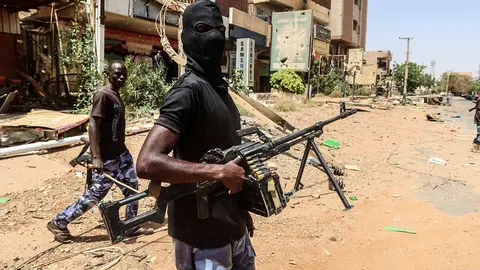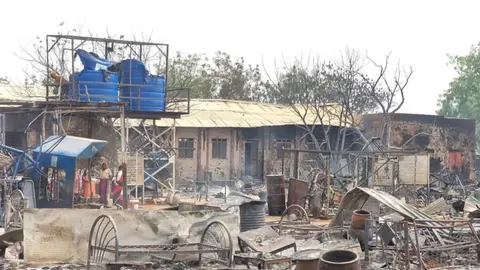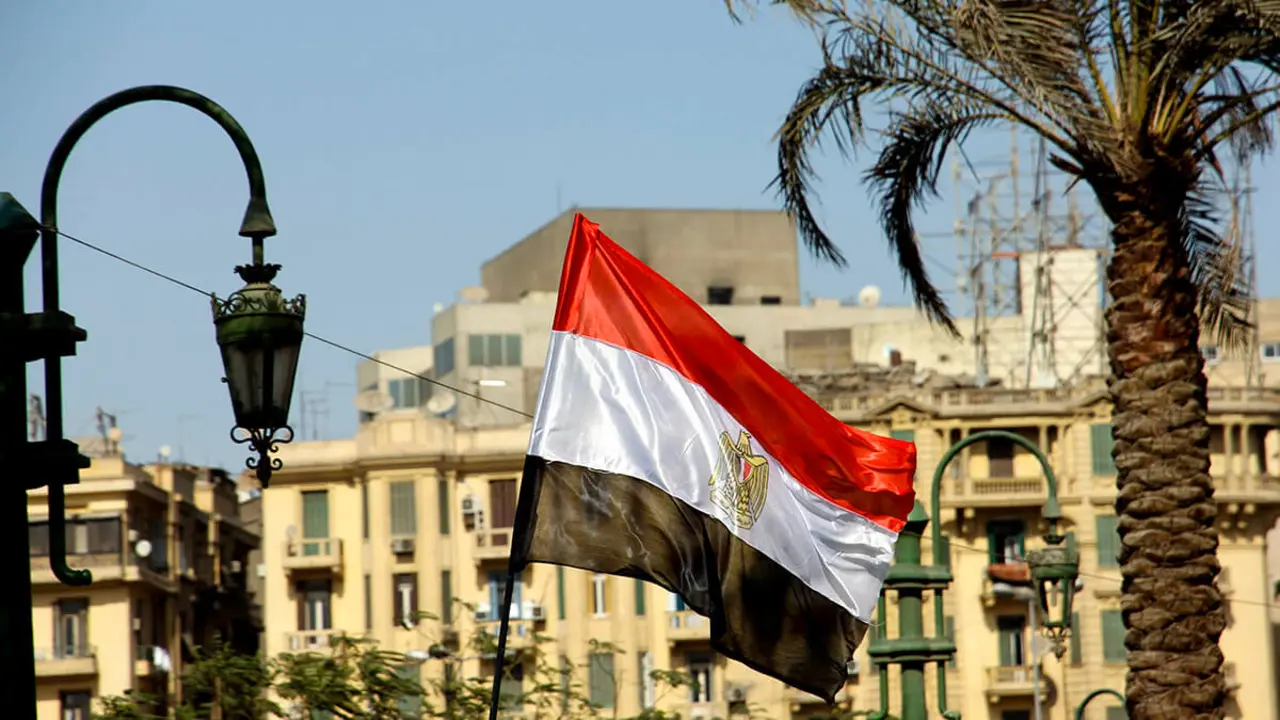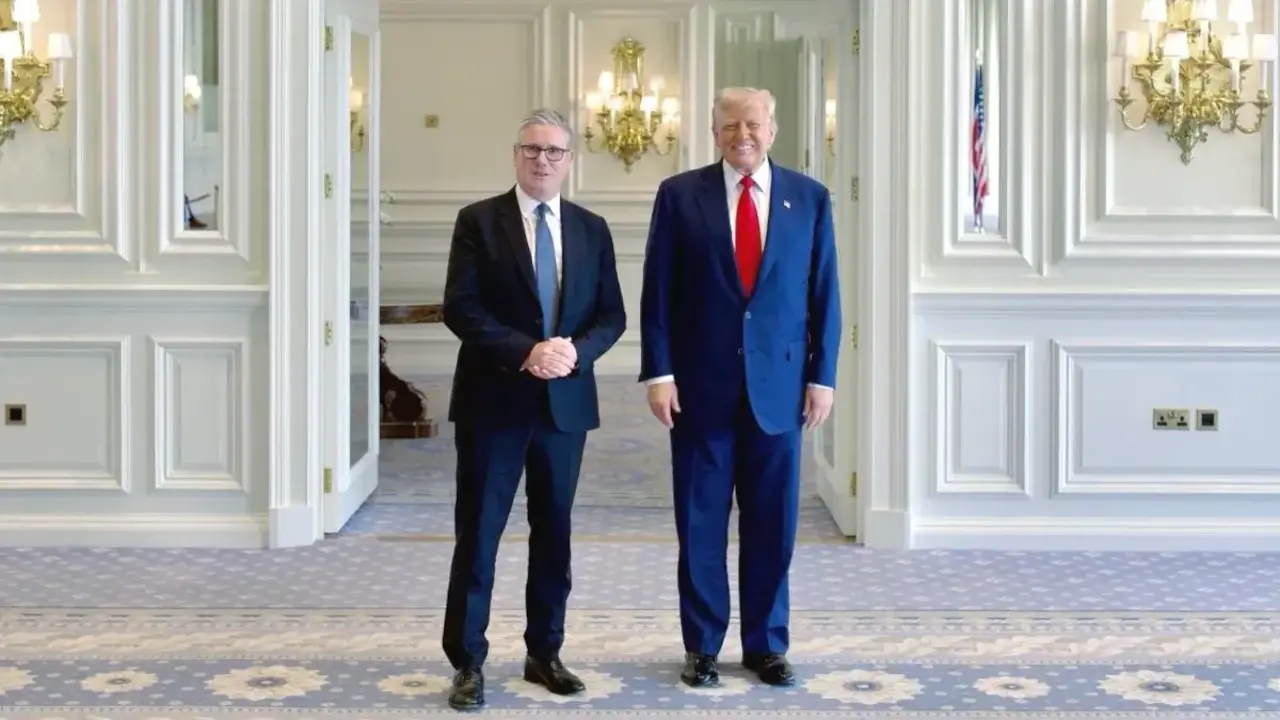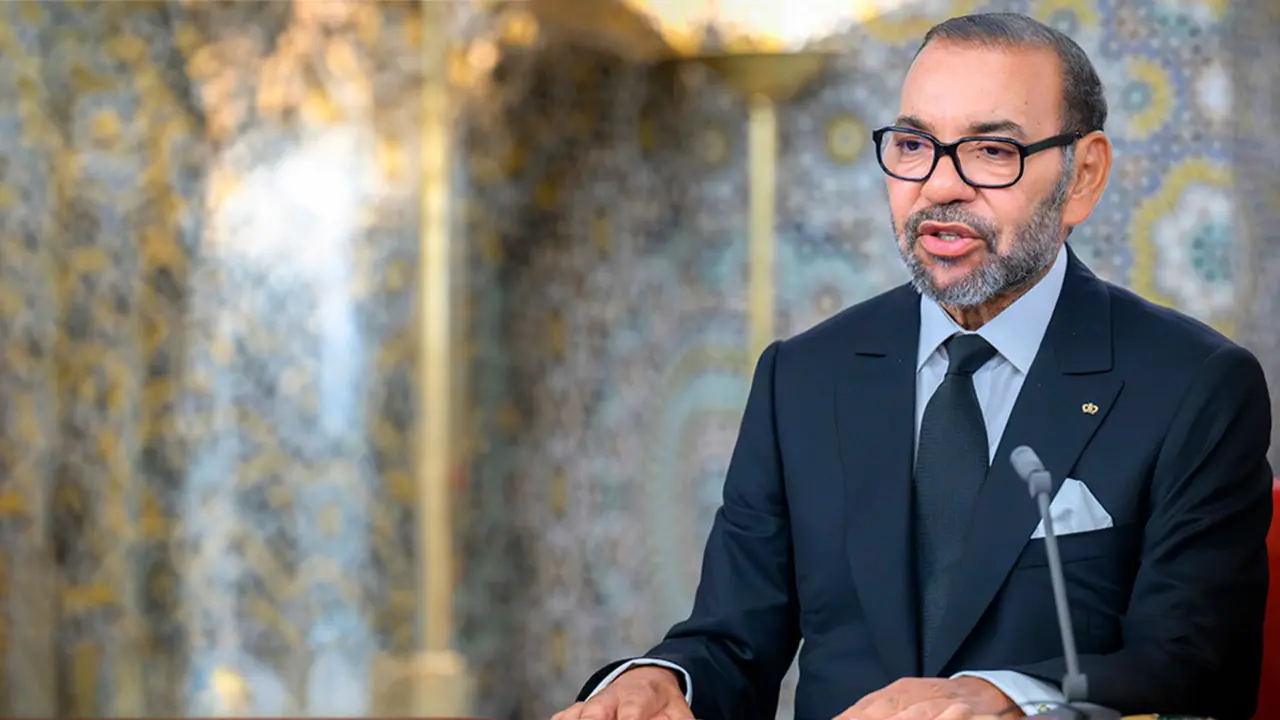Sudan introduces new currency to address war-related economic crisis
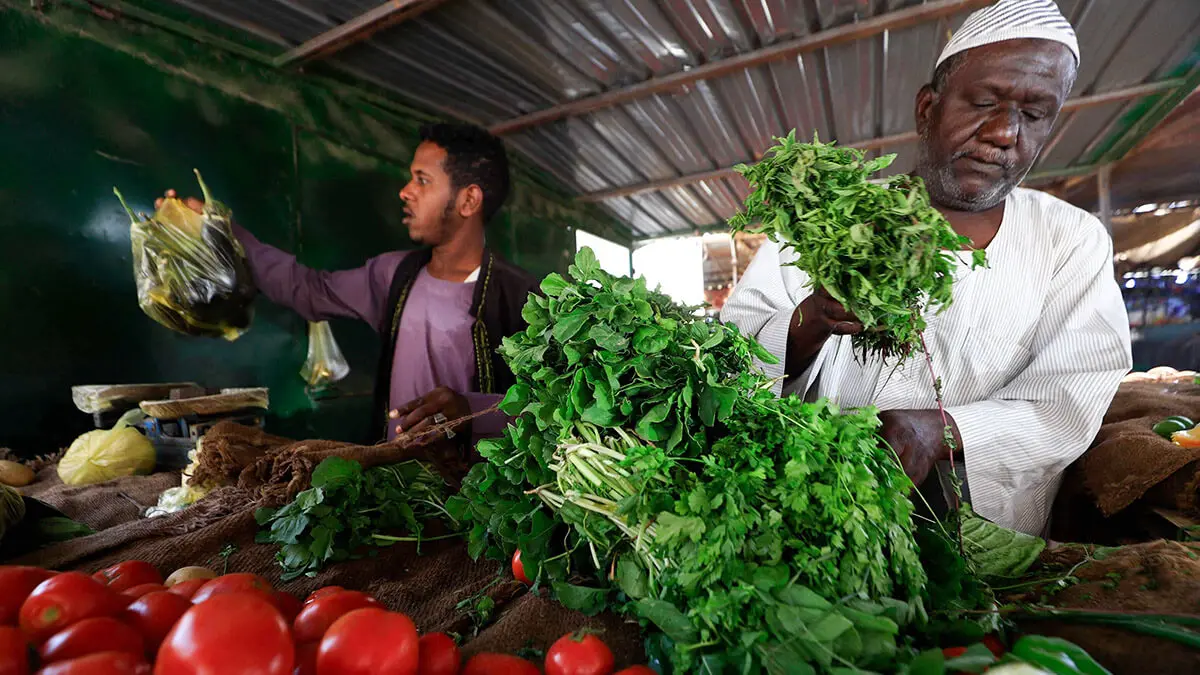
This week, Sudan began circulating its new currency, newly issued on the recommendation of experts with the aim of curbing the shadow economy and combating counterfeiting, a consequence of the war that has been raging since the beginning of last year.
In early November, the Central Bank of Sudan announced it would introduce a new 1,000 Sudanese pound note, a move rejected by the Rapid Support Forces (RSF) as a step towards the division of the country.
Analysts consulted by Al-Arab agree that the decision to replace the old banknotes is a necessary step to stabilise the economy, as financial and monetary policies require the right policy environment. However, some question its effectiveness, arguing that it could aggravate inflation and that many bank branches have halted operations.
The process has been made possible by a consensus between the Ministry of Finance and the Central Bank, which have agreed to avoid conflicts that could reduce the effectiveness of policies and, in the worst case, lead to decisions with serious consequences for the Sudanese economy and population.
The new currency began to be introduced in the seven states considered safe out of the 18 that make up the country, excluding areas under the control of the RSF, which rejects this procedure due to the current political and security situation.
The war, which began in April 2023, has been a devastating blow to the Sudanese economy, already severely affected by years of conflict. The continued closure of banks, the paralysis of international trade and the collapse of the pound have further aggravated the economic crisis in the African country.
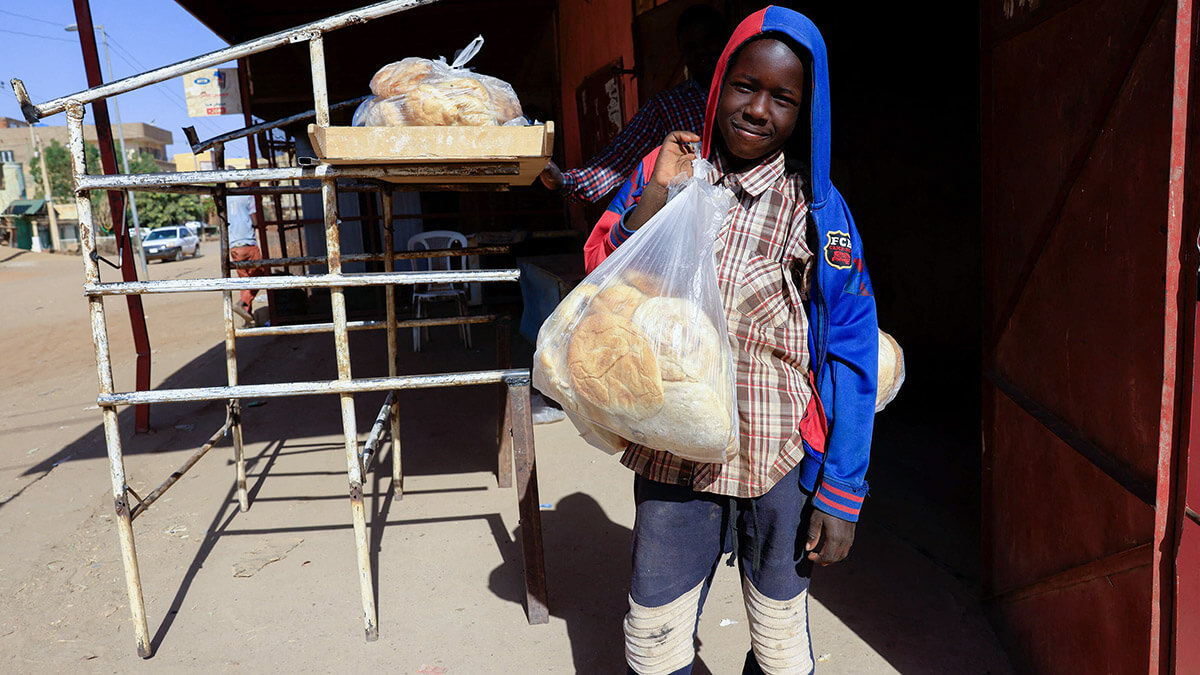
It is estimated that around 90 per cent of the money supply, equivalent to some £900 billion, is circulating outside the banking system. At the same time, the exchange rate of the Sudanese pound has plummeted since the start of the war, with the dollar reaching 2,300 pounds, compared to 600 pounds pre-conflict.
The war has led to the closure of 70 per cent of bank branches in combat zones, according to a Central Bank report published earlier this year. The report also noted that many bank properties, assets and resources were looted.
The new currency seeks to address the main challenges threatening the economy, with one of its most prominent objectives being the fight against counterfeiting, which has intensified due to attempts by militias and unofficial groups to counterfeit the old currency.
The authorities also point out that one of the objectives of the process is to strengthen the economy, as the replacement of the currency helps to reduce the circulation of money outside the banking system.
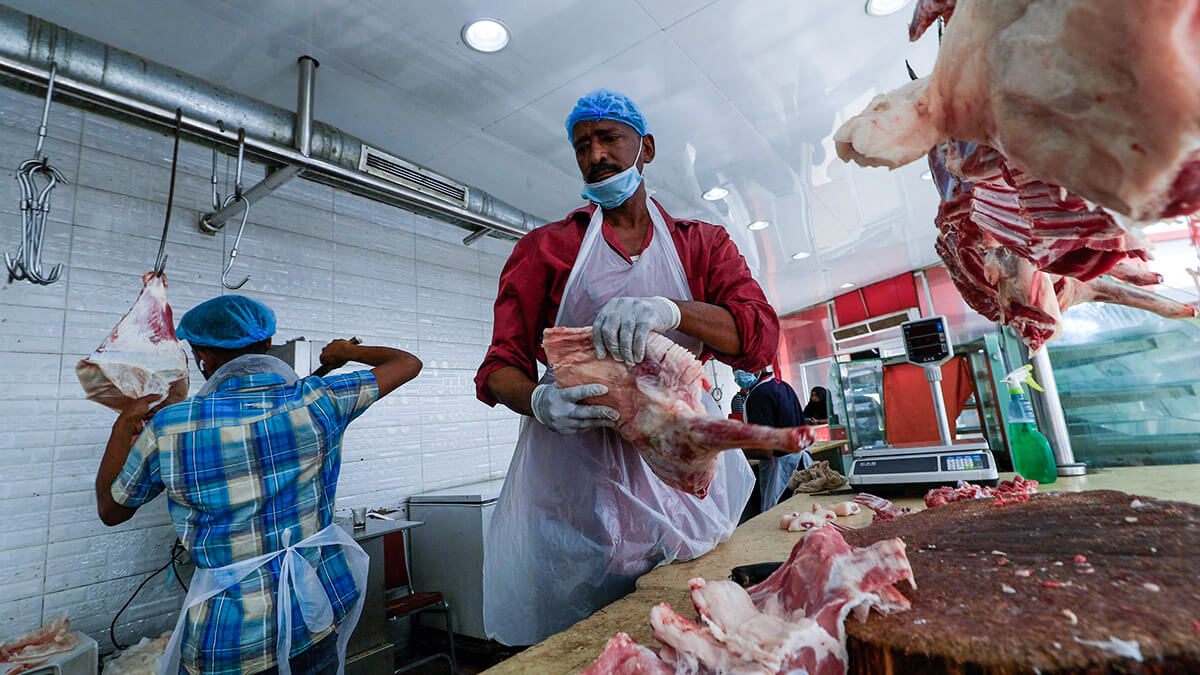
In addition, it seeks to improve confidence in the banking system by encouraging citizens to open accounts and conduct transactions through them. It also aims to tackle the parallel market in order to reduce illegal activities that rely on cash outside official state channels.
The official Sudanese news agency quoted Ibrahim Abdullah, director of the Omdurman National Bank in Shendi, Nile State, as saying that the exchanged ‘cash’ is received and deposited directly into the person's account.
He stressed the importance of the project in relation to the looting of the currency, which contributed to the destruction of the economy, and underlined the relevance of this step in controlling the exchange rate.
The currency substitution programme is expected to have a significant impact, contributing to the recovery of the crisis-ravaged economy, in addition to promoting the development of electronic payment methods.
Abdullah expressed confidence ‘in electronic payment methods, as they will be an alternative to paper money in the near future, which is fraught with great risks, such as theft, counterfeiting and cloning’.
The country was hit by a decline in public revenues, which caused significant losses that impacted Gross Domestic Product, and all economic activities were affected.
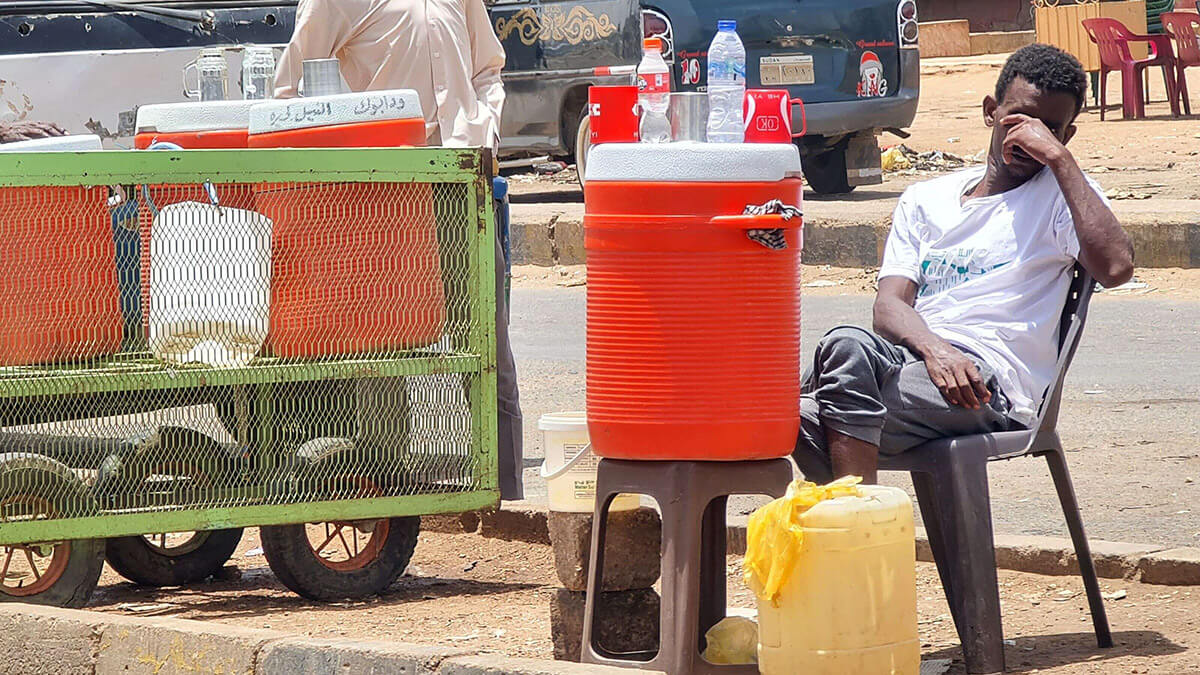
Even before fighting broke out between the two sides of the conflict, the economy was already in deep recession due to a crisis dating back to the last years of former President Omar al-Bashir's rule and the unrest that followed his overthrow in 2019.
According to International Monetary Fund (IMF) forecasts, Sudan will record the highest inflation rates in the Arab region by 2025, reaching around 119 per cent, followed by Egypt at 21.2 per cent.
Meanwhile, Sudanese Finance Minister Jibril Ibrahim revealed that the economy contracted by 40 per cent last year due to armed conflicts in several regions of the country, and the contraction is expected to continue at around 28 per cent in 2024.

